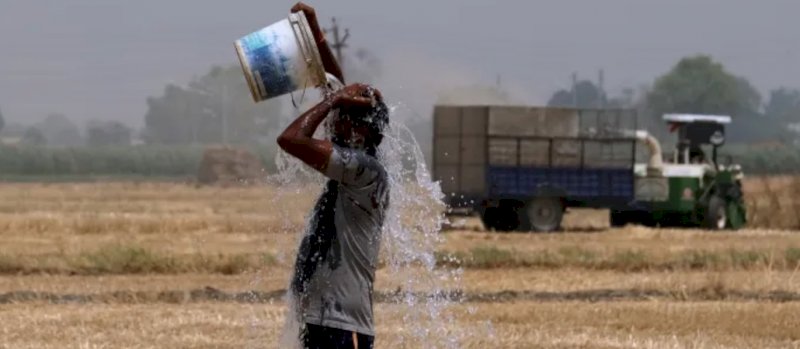AWB - Indian export ban causes import headaches
- By: "Farm Tender" News
- Cropping & Grain News
- Jun 01, 2022
- 415 views
- Share

By Angus Groves - AWB
The global market caught a shock late last week when India announced an abrupt ban on its wheat exports on May 14. The ban is in part due to a series of heatwaves during March that have impacted wheat production in the country. Government officials have also suggested the decision has been made to curb food hoarding and to check rising prices during a time coinciding with record retail inflation in the country.
The Indian government’s revised wheat production estimate is 105 million tonnes, lowered from the initial forecast of 111 million tonnes. The country was anticipating an exportable surplus of wheat this year, which is unusual for India. This would have benefited the country greatly with the ongoing crisis between Russia and Ukraine limiting supplies of wheat to many importing countries around the world.
The other news driving wheat markets higher late last week was the USDA report that showed the US winter wheat crop forecast coming in well below the market’s expectations. This sent futures soaring on Friday morning Australian time and has sparked fears of further stoking inflation and global hunger crises across the world.
Back on home soil it continues to rain across the East Coast with another system soaking many parts of New South Wales and Queensland. This heavy rain has meant there have been a number of establishment concerns across the state with many paddocks now far too sodden for young seedlings.
There is a particular risk to canola areas across Central New South Wales with a number of paddocks resembling small lakes and rivers rather than canola crops. And as we push through the later stages of May growers could be incentivised to leave expensive canola seed out of their rotation in favour of cheaper wheat and barley crops.
The key factor playing into the decision to leave canola out of the planting mix is the ever-increasing local prices for new season wheat and barley. Prices for APW multi-grade wheat contracts are well over $400/t delivered to your local silo. Whilst feed and malt barley prices are over $300/t and $400/t, respectively delivered local depot.
With cereal crops being a much cheaper crop to grow and with input prices at historical highs, many farmers might opt to de-risk their operations going forward and plant more wheat and barley when paddocks are dry enough to begin sowing again.
The other factor to consider this year is the execution risks plaguing the industry to date. Be it trucks or trains affecting the efficient loading of vessels at port, the industry is really struggling with successive above average crops.
The simple fact of the matter is the world wants Australian commodities due to varying supply factors around the world. Unfortunately, across many parts of the country right now, we are facing challenges getting product out of the country. For us to remain as reliable supplier of commodities to the world, let’s hope these hold ups can be rectified as soon as possible.









Share Ag News Via